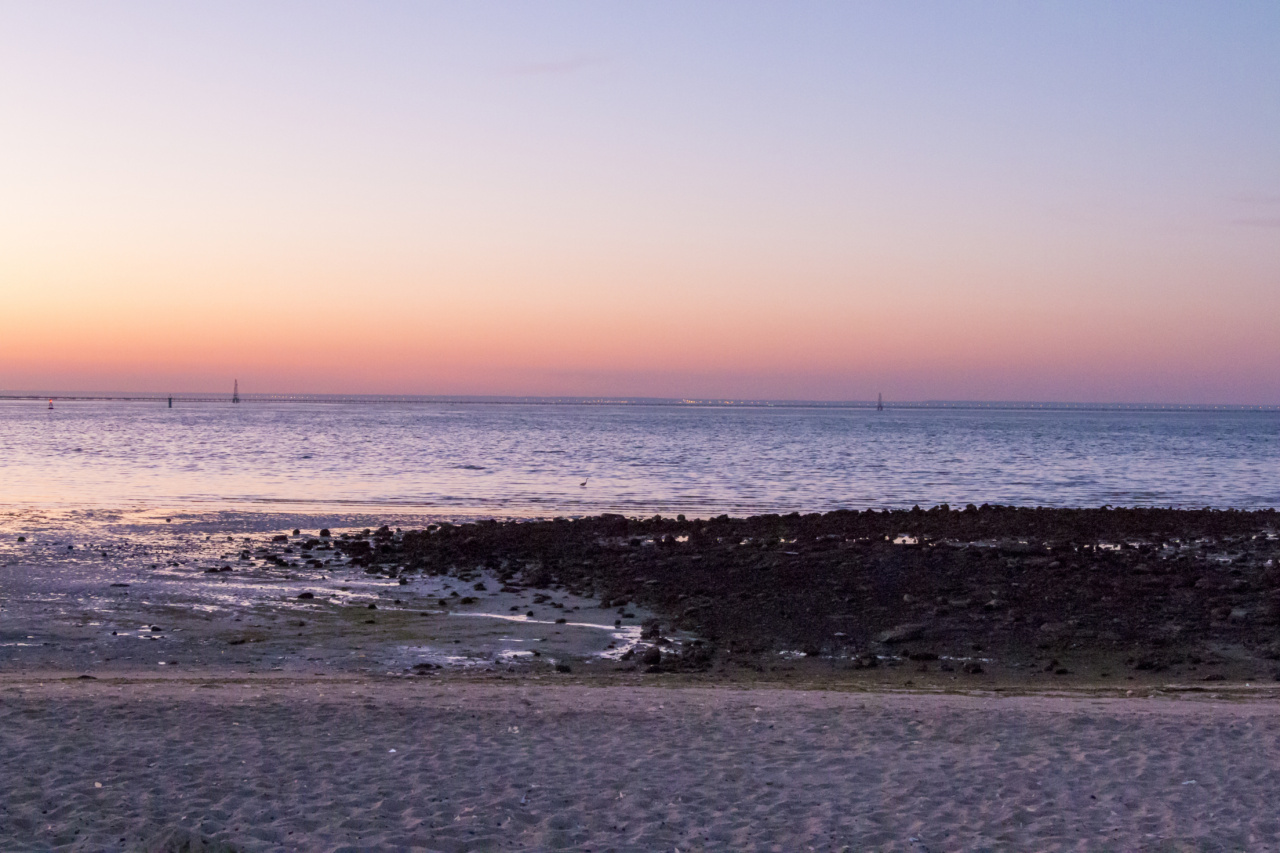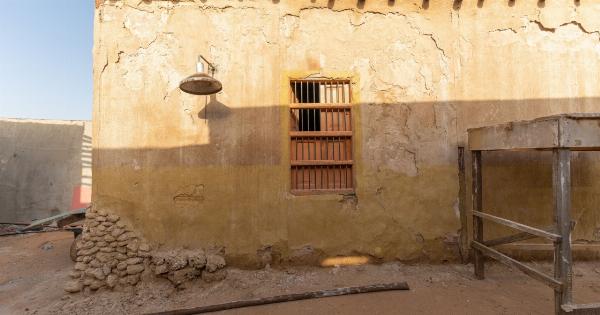Kidney stones are a common condition that affects millions of people worldwide. Despite their prevalence, there are numerous myths and misconceptions surrounding this condition.
It is essential to debunk these myths and educate ourselves about kidney stones accurately. In this article, we will address and clarify the top seven myths about kidney stones.
Myth 1: Only older adults get kidney stones
Contrary to popular belief, kidney stones can affect people of all ages, including children. While the risk of developing kidney stones does increase with age, younger individuals can also develop this condition.
Various factors such as genetics, diet, and certain medical conditions can contribute to kidney stone formation, regardless of age.
Myth 2: Only men get kidney stones
It is often assumed that only men are prone to kidney stones. While it is true that men have a slightly higher risk compared to women, both genders can develop kidney stones.
The difference in prevalence between men and women is primarily due to hormonal variations and dissimilarities in urinary tract anatomy. Therefore, kidney stones can affect anyone, regardless of their gender.
Myth 3: Drinking milk causes kidney stones
There is a common misconception that consuming milk and dairy products increases the risk of kidney stone formation. However, this myth is unfounded.
In fact, milk and other dairy products are considered beneficial for kidney health as they provide essential nutrients like calcium and vitamin D. These nutrients, when obtained from food sources rather than supplements, can actually help reduce the risk of kidney stone formation.
Myth 4: Cutting down on calcium prevents kidney stones
Many people believe that reducing calcium intake is an effective way to prevent kidney stones. However, this is not entirely true.
While excessive calcium supplementation may lead to stone formation in some individuals, it is crucial to understand the difference between dietary calcium and supplemental calcium. Consuming an adequate amount of calcium from food sources is vital for maintaining overall bone health and preventing kidney stones.
Myth 5: Drinking plenty of water is the ultimate prevention method
While it is true that staying hydrated can help prevent kidney stones, it is not the ultimate prevention method. Water consumption is undoubtedly essential as it helps dilute urine and prevents the build-up of certain substances that can form stones.
However, other factors such as diet, genetics, and underlying medical conditions also play a role. A comprehensive approach, including a balanced diet and regular medical check-ups, is crucial.
Myth 6: All kidney stones are the same
Kidney stones can vary in their composition, size, and location within the urinary tract. The most common types of kidney stones include calcium stones, uric acid stones, struvite stones, and cystine stones.
Each type has distinct causes and characteristics. It is important to identify the specific type of kidney stone to determine the appropriate treatment and prevention strategies.
Myth 7: Surgery is the only treatment option
While surgery may be necessary for larger or more complicated kidney stones, it is by no means the only treatment option available.
Many smaller stones can pass out of the body through urine with the help of medications, pain management, and lifestyle modifications. Additionally, non-invasive procedures such as extracorporeal shock wave lithotripsy (ESWL) and ureteroscopy with laser lithotripsy are effective in treating certain types of kidney stones.
By dispelling these common myths, we can have a better understanding of kidney stones and take appropriate measures to prevent and manage them.
Remember, kidney stones are a treatable condition, and with the right knowledge and lifestyle choices, we can overcome this challenge.































